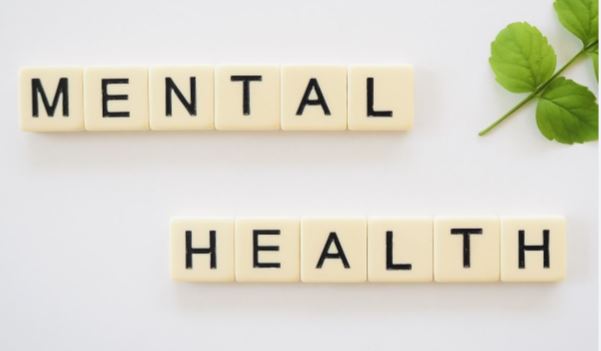Lifestyle
7 behaviours that reveal someone is silently depressed

Depression affects millions of people worldwide, and this number only seems to be growing.
The World Health Organization puts the number of people who are depressed at around 350 million, but this number only represents the people actually diagnosed.
Those who suffer silently and choose not to get help out of embarrassment, shame, or pride might make that number jump significantly.
Maybe the person suffering doesn’t even know that they have a problem, which makes silent depression even more dangerous.
However, some people simply don’t know how to express their emotions, or don’t feel comfortable doing so. This is why we all need to look out for the people in our lives, and watch for the signs and behaviors that someone is silently depressed.
Here’s few of them listed below:
1. Withdrawal from activities, work, or school
Withdrawal from activities is one of the key signs of depression; this occurs because the disorder takes up all of the person’s time and energy. Depression makes it very difficult to carry on with daily life, aside from what is absolutely necessary, because the pain becomes too great. If you notice that a loved one is starting to miss out on life, then this is a sign of silent depression.
2. No energy
No surprise here – depression zaps a person’s energy levels to the point where even getting out of bed can seem like running a marathon. The constant, intrusive thoughts of hopelessness and despair combined with high stress, poor appetite, and sleep troubles make life a daily battle.
3. Eating too much much or too little
Increased or decreased appetite is a common symptom of depression. A sudden change in weight, either gaining or losing, can be a warning of depression, especially in someone who has other symptoms of depression or a history of depression. If you notice unusual eating habits in a friend or loved one, they could be suffering silently from depression.
4. Trouble sleeping
80% of adults with depression have trouble falling or staying asleep. Patients who have chronic insomnia have three times the likelihood of developing depression compared to those without insomnia. Many doctors believe that treating insomnia will help reduce depressive symptoms in people suffering.
5. Substance abuse
Sadly, substance abuse is common among those with depression, anxiety, and other mental disorders. While it’s understandable to want to escape reality and troubled thoughts for a while, addiction can cause even more problems down the road. If you know someone abuses drugs or alcohol on a regular basis, they might be silently depressed.
6. Faking emotions
A lot of people with depression don’t want to admit it, either to themselves or others. When in others’ company, they will appear overly happy or give vague answers when people ask about how their life is going. They only engage in shallow conversation because they want to avoid judgment cast upon them about their depression. If you notice someone has become distant or only makes small talk, this might point to hidden depression.
7. They have become a workaholic
You might not think of overworking as a symptom of depression, but some people use work to cover up their emotions. They see work as an excuse to escape how they feel, a distraction for the torment that their mind causes them. If you notice someone staying late at work most nights of the week, they might actually be silently depressed and not just a workaholic.










